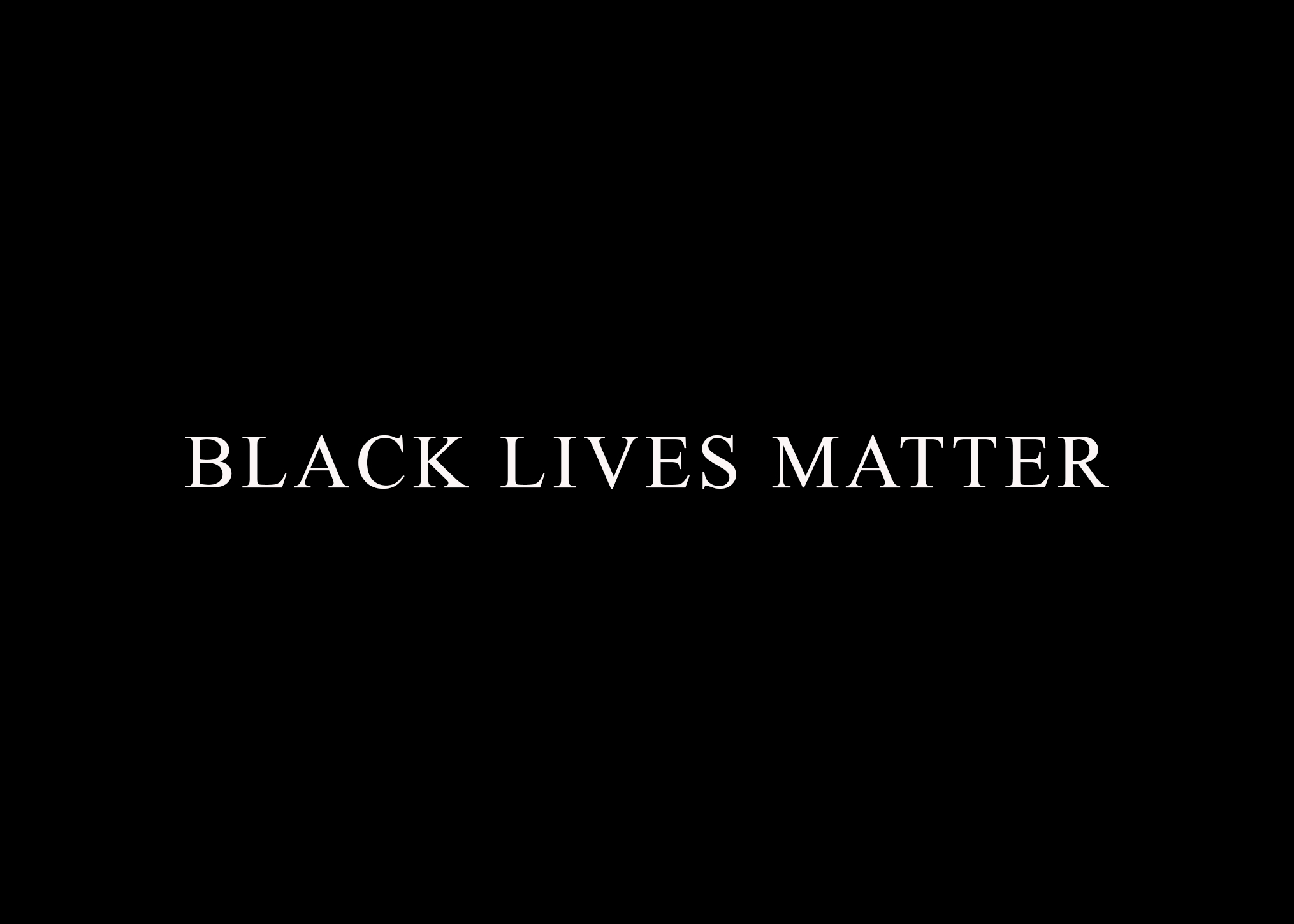
Statement from the Department of History
Black Lives Matter
The History Department at Carnegie Mellon supports all those protesting racism and police brutality. This is a time for action. We must work together to dismantle White supremacy and to build a just and equitable world.
As historians, we know that racism is older than this country. Enslaved Africans were brought to North America long before Thomas Jefferson, himself a slave owner, declared that “all men are created equal.” At the founding of this country, the institution of slavery was written into the constitution. Racism survived the Civil War and emancipation. During the Jim Crow era, African American children could not attend the same public schools as White children, and so-called “colored” schools were systematically underfunded. African Americans were denied an education at many universities and colleges, including Carnegie Tech. Throughout most of the country, African Americans could not eat in “white” restaurants, stay in “white” hotels, swim in “white” public pools, or drink out of “white” water fountains. Our cities were also segregated, not just as a result of individual behaviour but also because of federal policy and local zoning. None of this was confined to the South. Systemic racism remains pervasive across America, including in Pittsburgh.
Black people have made immense contributions to this country’s prosperity and cultures. White people have continually discounted these contributions even as they have worked to plunder and hoard them. This includes both the ongoing, state-sanctioned expropriation of Black wealth and the systematic exclusion of Black people from publicly funded sources of social security, mobility, and mediation. Despite this oppression, Black people in the US have continued to innovate and to inspire thinkers, artists, and activists here and around the world.
We also know that racialized policing has long been central to the perpetuation of White supremacy. During slavery, White people used torture, rape, and other forms of violence to terrorize Black people. In the aftermath of emancipation, White supremacists constructed a police and penal system to control Black bodies, a system that drew upon the legacy of slave patrols. That system varied between states, but throughout America police departments played a key role in protecting racial segregation and inequality. Today, police brutality remains a central part of the systemic racism that continues to divide this country and to perpetuate inequalities in wealth, income, and health. From the brutality of slavery to the violence of lynching to the murder of George Floyd, Black people have been assaulted, harassed, and killed not just as a result of individual decisions by racist people but as a result of systemic racism built into our economy, society, and criminal justice system.
We also know that racism and police brutality have long been directed at Indigenous peoples, Asian peoples, and Latinx peoples, and that the violence and discrimination of racism intersects with other forms of oppression, based on class, gender, sexuality, religion, and other forms of identity.
We also know that African Americans have continually fought against racism from 1619 until today. People of African descent have joined people of all ethnicities, backgrounds, and identities in the many struggles for justice, equality, freedom, and rights that define our country’s history. These struggles transcend the boundaries of the United States. Voter suppression and other contemporary efforts to deny and limit the right to vote continue a long history in which Black people have been denied full citizenship rights. While fighting to gain full citizenship, African Americans have also looked beyond this country to forge solidarities within the African diaspora, with Africans, and with other people of color--and to claim their rights as human beings.
As historians, we believe that understanding the past is vital to building a better future. Toward that end, we offer these resources on the history of white supremacy, systemic racism, racialized policing, and nonviolent civil disobedience. We believe that learning is a vital form of action, but also that our learning must be connected to other forms of active anti-racism, both within and beyond the university.
We welcome feedback on this statement and list of resources, as well as any thoughts you might have on what we should do as a history department, as historians, and as human beings to contribute to the larger struggle against racism and for justice.
Contact: Nico Slate, Department Head, slate@cmu.edu
“The whole history of the progress of human liberty shows that all concessions yet made to her august claims have been born of earnest struggle. The conflict has been exciting, agitating, all-absorbing, and for the time being, putting all other tumults to silence. It must do this or it does nothing. If there is no struggle there is no progress. Those who profess to favor freedom and yet deprecate agitation are men who want crops without plowing up the ground; they want rain without thunder and lightning. They want the ocean without the awful roar of its many waters. This struggle may be a moral one, or it may be a physical one, and it may be both moral and physical, but it must be a struggle. Power concedes nothing without a demand. It never did and it never will.” -- Frederick Douglass
